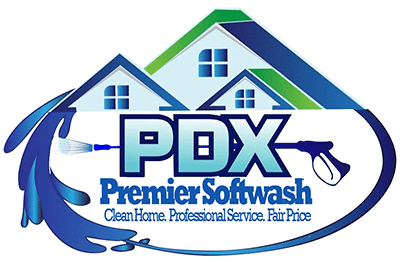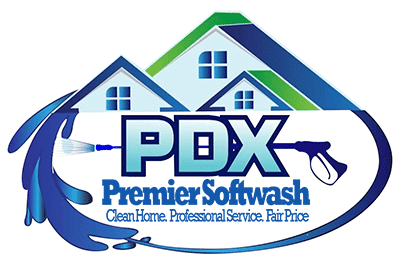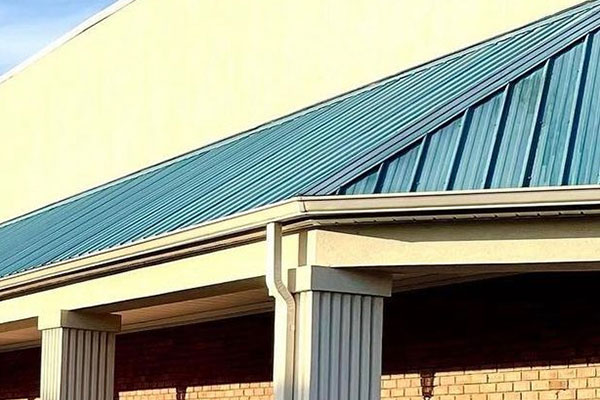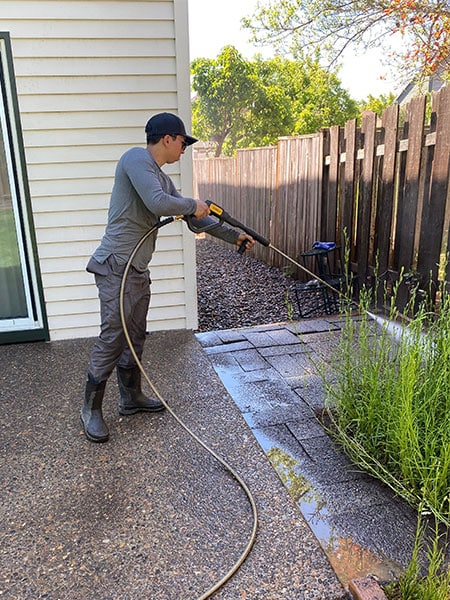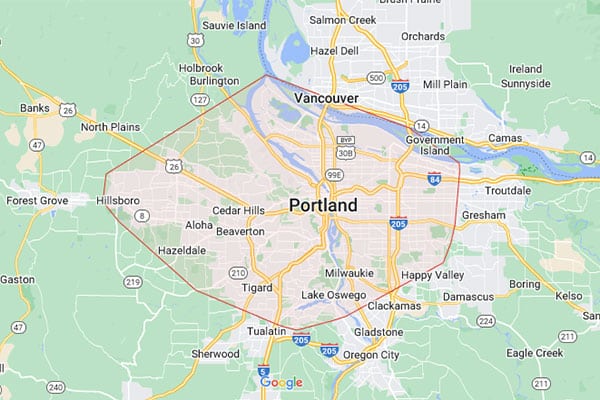Maintaining the roof of your home is essential not only for its longevity and structural integrity but also for its environmental impact. One of the most effective and eco-friendly methods of roof maintenance is soft washing. Unlike traditional pressure washing, soft washing uses low-pressure water combined with biodegradable cleaning solutions to remove dirt, algae, moss, and other contaminants. Here are the key environmental benefits of scheduling regular soft wash treatments for your roof.
Eco-Friendly Cleaning Solutions
Soft wash treatments utilize cleaning solutions that are biodegradable and non-toxic. These solutions break down naturally without harming the surrounding environment, including your garden, pets, and local wildlife. Traditional cleaning methods often rely on harsh chemicals that can leach into the soil and water systems, causing long-term environmental damage. By opting for soft washing, you ensure that your roof is cleaned effectively without compromising the health of the ecosystem.
Water Conservation
Soft washing uses significantly less water compared to high-pressure washing. The low-pressure application allows the cleaning solution to dwell on the surface, breaking down contaminants before being rinsed away. This method not only conserves water but also minimizes runoff, which can carry pollutants into storm drains and local waterways. Regular soft wash treatments help reduce your home’s water footprint, contributing to overall water conservation efforts.
Prolonged Roof Lifespan
By scheduling regular soft wash treatments, you can extend the lifespan of your roof. Algae, moss, and lichen can cause significant damage to roofing materials if left untreated, leading to the need for premature replacement. Roof replacement generates a substantial amount of waste and consumes valuable resources. Maintaining your roof through soft washing reduces the frequency of replacements, conserving resources and reducing the environmental impact associated with manufacturing and disposing of roofing materials.
Improved Energy Efficiency
A clean roof reflects more sunlight and absorbs less heat, which can improve your home’s energy efficiency. Algae and moss growth can darken your roof’s surface, increasing heat absorption and raising indoor temperatures. This can lead to increased use of air conditioning, consuming more energy and contributing to greenhouse gas emissions. Regular soft wash treatments keep your roof clean and reflective, helping to maintain cooler indoor temperatures and reduce energy consumption.
Prevention of Structural Damage
Algae and moss can retain moisture, leading to the deterioration of roofing materials and potential leaks. These leaks can cause water damage to your home’s structure, necessitating repairs that consume resources and generate waste. By preventing the growth of these organisms through regular soft washing, you protect your home from structural damage, thereby reducing the need for resource-intensive repairs.
Promoting a Healthy Environment
A well-maintained roof contributes to a healthier environment in and around your home. Reducing the presence of algae, moss, and lichen minimizes the allergens and pollutants they produce, leading to better air quality. Additionally, by preventing moisture buildup and mold growth, you create a healthier living space for your family.
In conclusion, scheduling regular soft wash treatments for your roof is an environmentally responsible choice. It conserves water, reduces the use of harmful chemicals, extends the lifespan of your roof, improves energy efficiency, prevents structural damage, and promotes a healthier living environment. By adopting soft washing as part of your home maintenance routine, you contribute to a more sustainable future.
